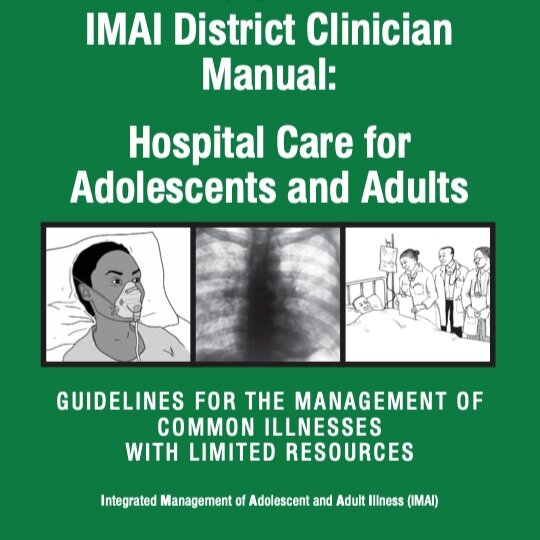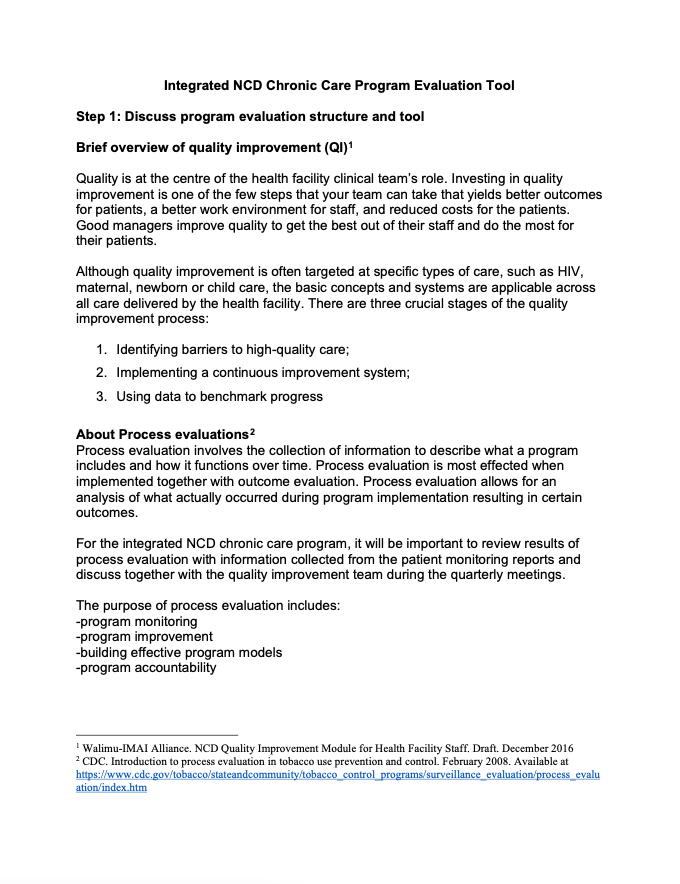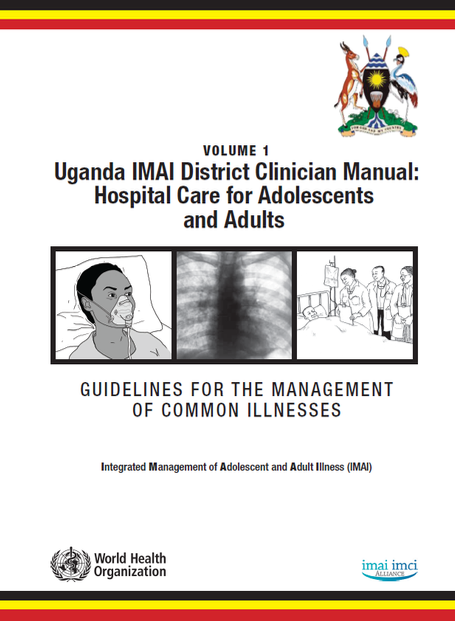Non-communicable Diseases (NCDs)
In this era of increasing burden of chronic non-communicable diseases (NCDs), it is becoming clear that a public health approach, built upon strong primary health care systems, is the only sustainable way forward to address the epidemics of diabetes, hypertension, cardiovascular disease and chronic respiratory illness that are emerging in low-and middle-income countries (LMICs). The WHO Package of Essential Noncommunicable Disease (WHO PEN) Interventions provides clear guidance on risk stratification, screening and diagnosis, and management of major NCDs in LMICs. It is an important guideline, based on high-quality evidence reviews and expert recommendations through technical working groups. However, it was not presented in an operational format to train front-line health workers to deliver NCD services, nor to set up district systems of care delivery that can support chronic, longitudinal patient care and follow-up.
As such, WHO AFRO partnered with IMAI Alliance and Columbia University in 2015 to operationalize the primary care WHO-PEN guidelines into practical, simplified guideline modules and a participatory training curriculum targeting integrated service delivery by front line health workers delivering NCD screening, diagnosis, care, and treatment. This is based on the AFRO experience using IMAI tools at the health centre and hospital outpatient to scale up and decentralize chronic HIV care and ART. This work resulted in two guideline modules- IMAI-PEN Acute Care and Integrated NCD Chronic Care . In collaboration with the Uganda MOH and Walimu, a Ugandan NGO, these tools were field-tested in the Masaka region with front-line health workers and iteratively improved:
NCD acute and chronic care at first-level facilities—health centres and outpatient clinics
The IMAI-PEN Acute Care guidelines module (an update of the 2009 WHO IMAI Acute Care) to incorporate:
Screening and early detection for CVD risk, hypertension, diabetes mellitus, breast and cervical cancer
Acute care for severe hypertension, diabetic ketoacidosis, myocardial infarction, and heart failure, both their emergency assessment then essential pre-referral treatments (using a simplified Quick Check algorithm)
The IMAI-PEN Integrated NCD Chronic Care guideline module which focuses on the sequence of care and a clinical team approach with task-shifting. It includes 3 protocols:
Protocol 1- CVD risk/Hypertension/diabetes (incorporates WHO Global HEARTS clinical algorithms and WHO CVD risk charts
Protocol 2- COPD/Asthma
Protocol 3- Management of Rheumatic fever/ Rheumatic heart disease secondary prophylaxis, monitoring at primary care level
NCD longitudinal patient monitoring system
In 2016, WHO AFRO again partnered with the IMAI Alliance to develop a longitudinal patient monitoring system modeled after the WHO IMAI HIV experience. Three patient monitoring cards (CVD risk/diabetes/hypertension, asthma/COPD, and RHD) and patient registers to facilitate longitudinal patient tracking and simplified cohort analysis and reporting were developed then field-tested in Masaka, Uganda in conjunction with the Walimu team and Uganda MOH.
3 patient monitoring cards
Diabetes/Hypertension/Elevated CVD Risk
Front of card
Back of card
Asthma/COPD:
Rheumatic Fever/ Rheumatic Heart Disease
NCD national and district planning and operational support tools
During this time, the IMAI Alliance was also contracted by the WHO headquarters NCD team to develop several NCD managerial tools for the WHO-CDC Global HEARTS technical package: a national strategic planning and adaptation manual, an implementation manual for district managers, a quality improvement module, revision of the WHO Handbook on Supply Management for use in the NCD context, and an NCD operations manual for the health centre. See NCD national and district planning and operational support tools.






























